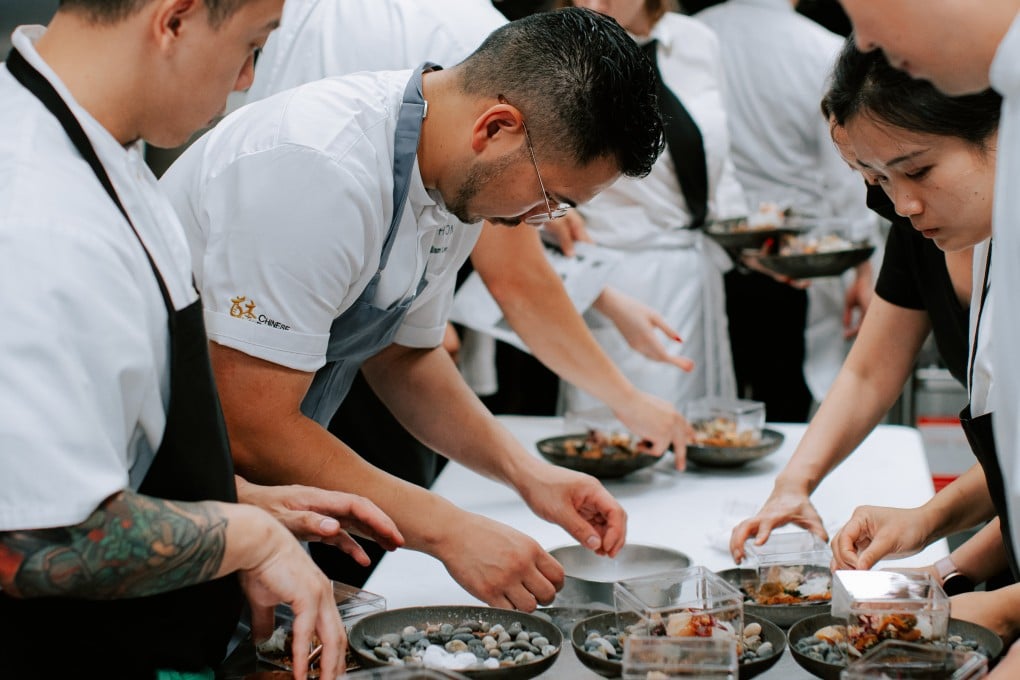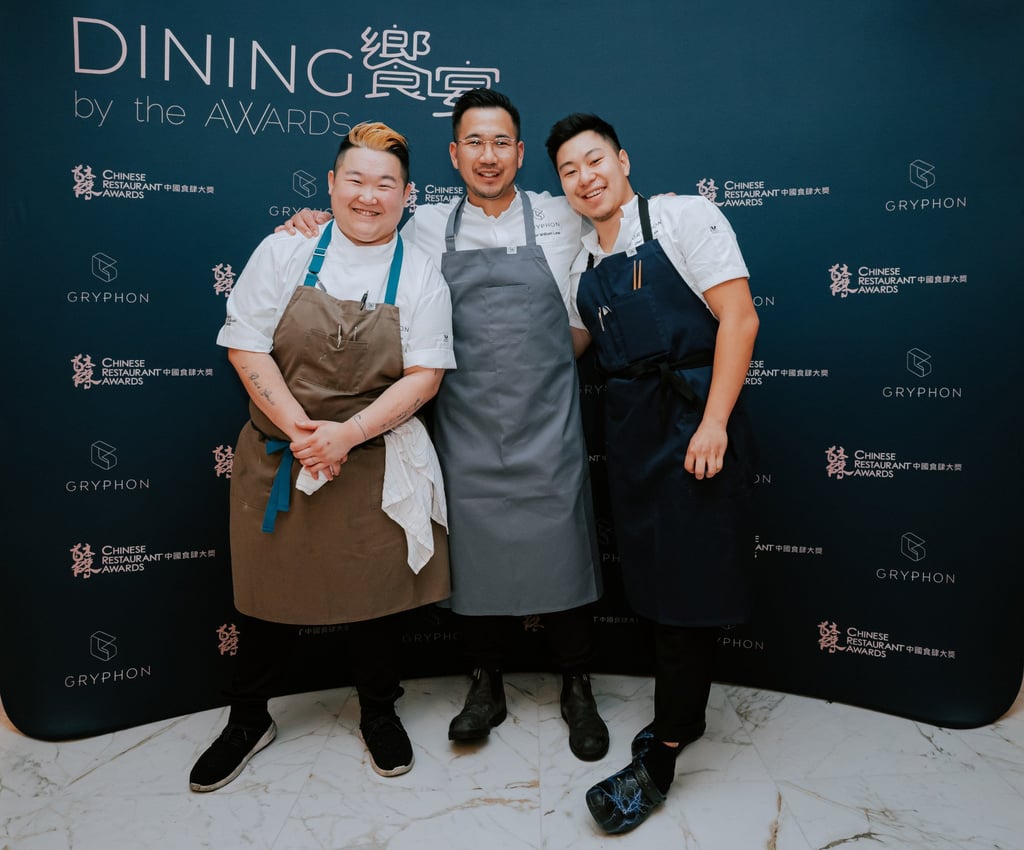How Chinese cuisine is evolving in Canada as young chefs look to preserve and build on their heritage – ‘I wish to save our culture now, not later’
- Three young chefs are on a mission to promote and evolve Chinese cuisine in Canada – including helping established chefs stop undervaluing their own talents
- Their efforts were recently showcased at a dining series run by Vancouver’s Chinese Restaurant Awards called ‘Hong Kong Renaissance’

In the run-up to Lunar New Year in 2020, Eva Chin was working as the chef de cuisine at Momofuku Kojin in Toronto, Canada, and wanted to create a special takeaway menu to celebrate the Year of the Tiger – one that was different from other restaurants’ offerings.
Up until then, her training had been skewed towards Western cuisine – despite having worked in Hong Kong and Japan (as well as Australia, Norway and Canada), and having been born to a Samoan-Shanghainese mother and Singaporean Chinese father in Hawaii.
In fact, she’d only ever cooked Chinese food for staff meals.
“I grew up with internalised racism. The last thing I thought of cooking was Chinese food,” she says.
“Before, I cooked French for survival and validation. But at Momofuku, it was very Asian and pushed me to do fusion. But I learned to push the envelope and try something new.”

The eight-course menu she ended up creating with Anna Chen of Alma, another young Chinese chef in Toronto, included steamed ling cod with dried mandarin peel, fermented black bean and spent grain vinaigrette, lo hon jai (a vegetarian braise known as Buddha’s Delight), lo hei (a raw fish salad), and sesame balls.